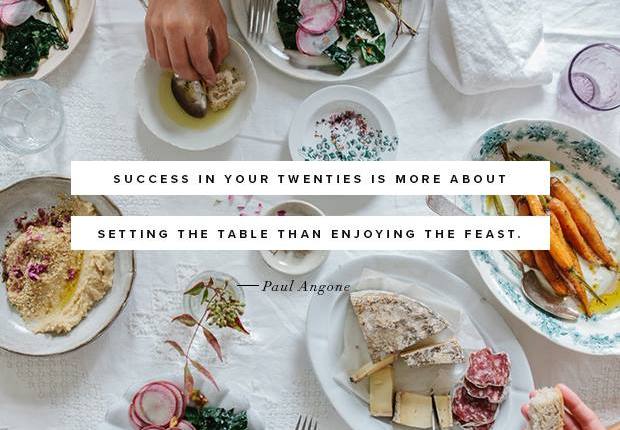I’m an attorney. I have a law degree and I’m admitting to practice law in the State of Alabama. As an officer of the Court, the law imparts responsibilities on me. When representing my clients, I have to abide by the Court’s orders, enforce the Court’s orders, cooperate in the administration of justice as described by the law. My education, my bar admission, my entire career is precipitated on the assumption that the law actually is just.
The fact is that the law is not always just. The law is limited and often allows people to act with imminent injustice. Our very best friends have been going through something really difficult, really painful right now. We can’t help them. They can’t help themselves. It’s an awful situation. And it’s one that the law allows. The law in their situation—and in many situations—can never be perfect. But for them and their situation, the law as it is allows them to be hurt by a stranger. I’m undecided on the morality of the stranger’s choice, but it has nonetheless been harmful to these very dear friends of mine.
The law is orderly and meaningful and necessary. I’m a defense attorney. When I’m researching case precedent or statutes and find the perfect point of law, I feel like I’m putting up a shield in front of my clients, or drawing a line in the sand. I get to use the law to say “this far and no further.”
I spend a lot of time defending and promoting the law to the people around me. I tell a person “the law can protect you from that” and “the law doesn’t allow that” or “a lawyer can help you” or “You really need a lawyer for that.” But sometimes the law can’t protect a person, and then I feel truly limited. Because the law is indeed limited. It has only general rules and only general priorities. It cannot account for the intricacies and fallenness of the world we live in. It is so often not capable of justice.
This is why a man (or a woman) cannot live by the law alone. Every person, to be moral, must act justly. But the law is not always just. If you live only by the law, you never give to charity, or forgive transgressions, or protect the youngest of the young. To live morally, or justly, one must enforce on oneself a great number of prohibitions and responsibilities that the law does not.
Legality is not morality. Of course, this is not a new idea. Saint Thomas Aquinas recognized many centuries ago that “an unjust law is not a law,” arguing that any purported law which requires unjust actions has no imperative force. The Twentieth Century saw plenty of homicidal regimes who wrote their own laws and never broke them while they killed en masse. The world knew that these were immoral acts, regardless of the laws involved.
But our society, our culture does not seem recognize the same immorality involving only a single person. When the law has ever considered an act and not outlawed it (or removed a prohibition against it), society finds it acceptable. This is true of abortion; contraception; drinking yourself into oblivion in your own home regardless of the effect on your family. The law allows all kinds of terrible actions, and so often our culture does not grasp that morality goes beyond the scant prohibitions of the law.
In any case, I’m hurting for my friends right now, and they’re hurting a lot more than me. I feel helpless, which is not how I usually feel when the law is involved. This time the law is no help, and that’s unbelievably disappointing to me. I want the law to work for people, and not against them; to protect people, not leave them exposed. This time that wasn’t the case. Nothing about my friends caused them to earn the treatment they’ve received. There’s nothing they could have done differently or better to change the situation. The law just favored someone else, and favored them regardless of how it affected these friends. That’s not fair, or just. But the law is often incapable of justice. It’s incapable of righting all the wrongs in the world because we’re in it and we’re human, and humans make wrongs.
Only God can fix us or our broken world, and he is a perfect lawgiver, a perfect legislator for every perfectly human circumstance. His laws are difficult, but they are knowable and wise. They do not prioritize as the laws of this world do, but only prioritize for our good. Where my friends are concerned, I don’t think those laws were perfectly honored, and deep pain follows. Please say a prayer for them in a difficult time, that God may see them clear to healing.



